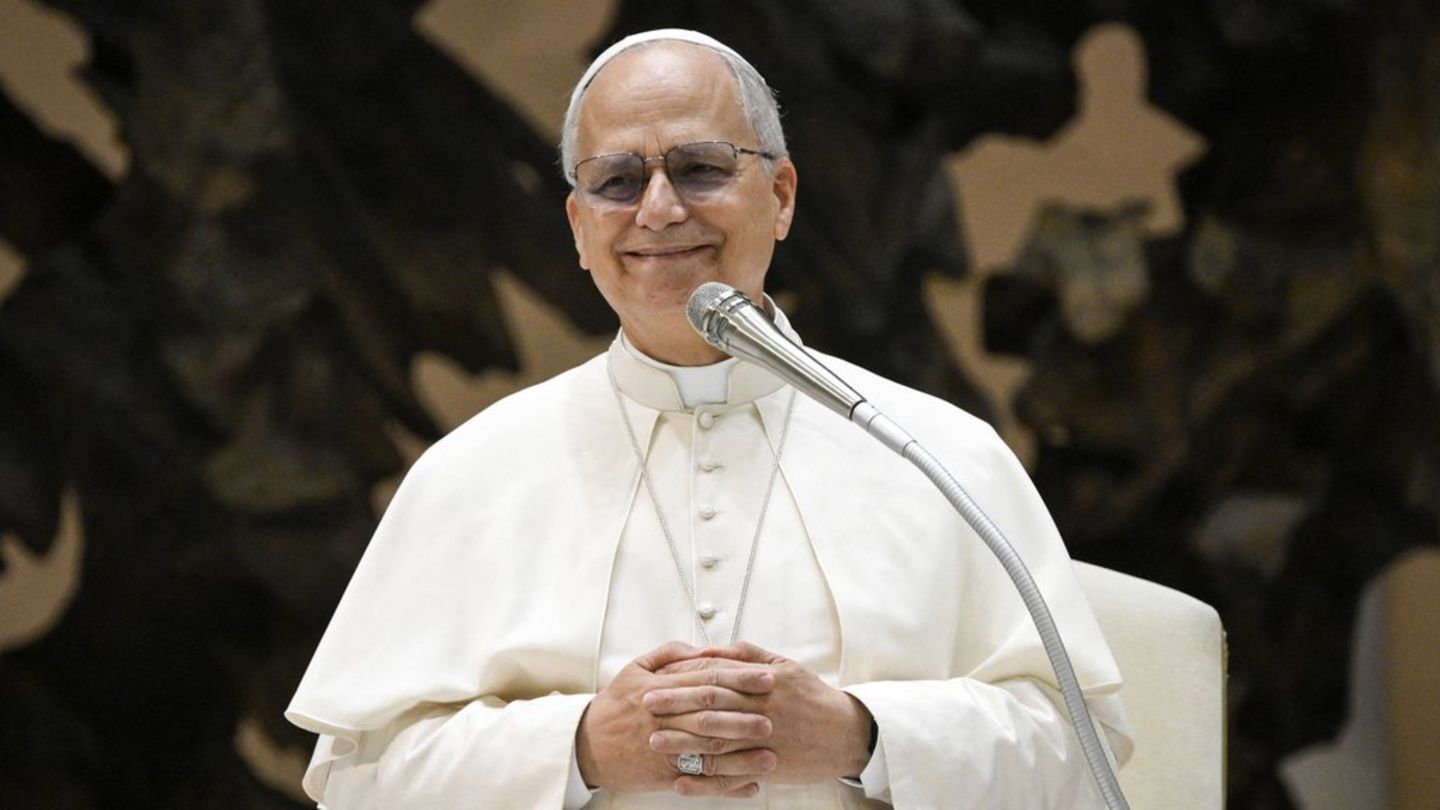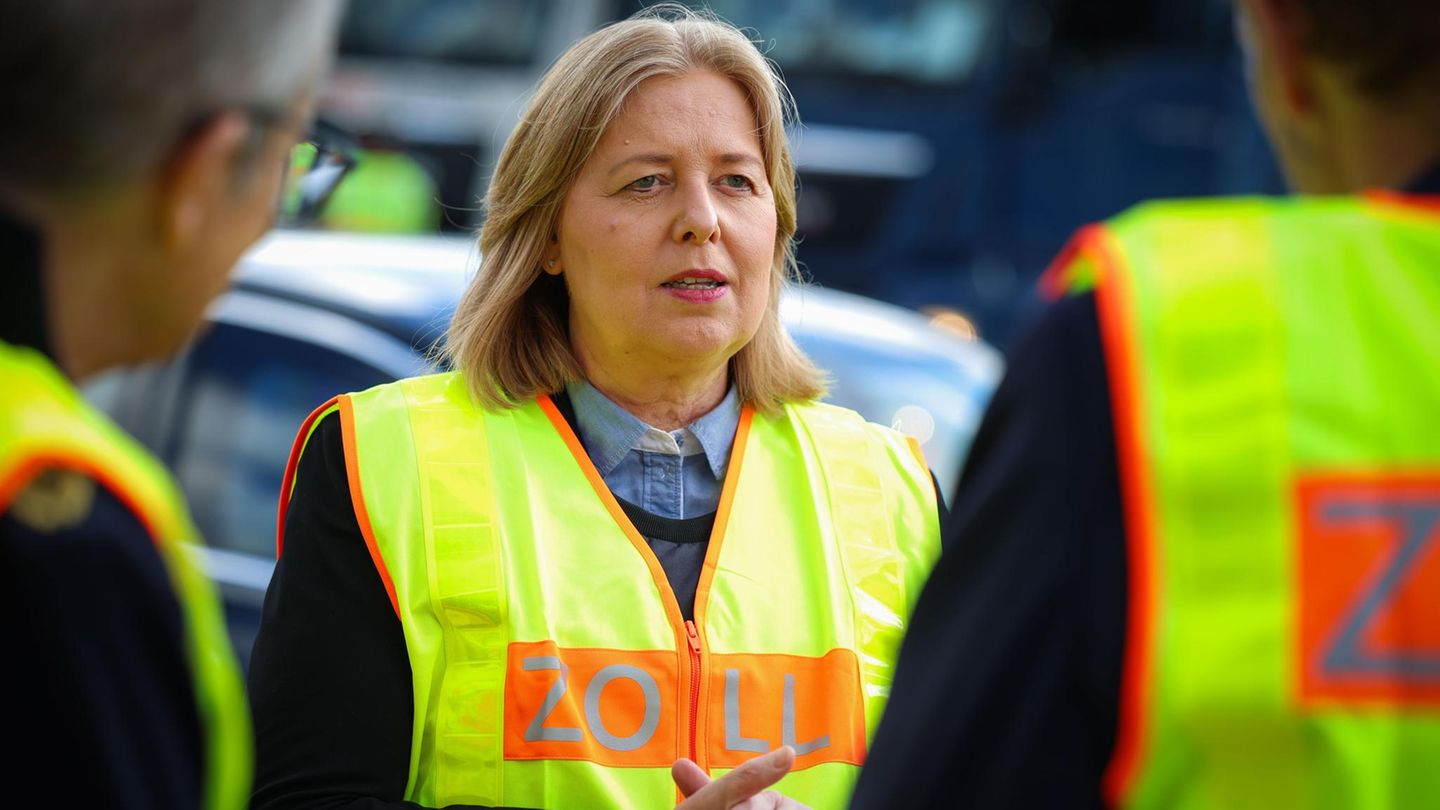Children and young people spend more than 210 minutes a day on their smartphones in their free time. Most of them are aware that TikTok, Instagram and Snapchat are time-wasters, but very few can get away from them. “The problem is: the digital space is increasingly becoming a breeding ground for parallel societies, radicalization and extreme views,” says State Councilor for Integration Wolfgang Hattmannsdorfer (VP).
Successful test phase
To counteract this development, the “Digital Streetwork” project was launched in Upper Austria in spring 2024: Four employees from the fields of counseling, social work and psychology look after children and young people between the ages of 12 and 27 on various social media channels – anonymously and free of charge. “The test phase ran in April and May, and during this time alone we were able to get in touch with 149 children and young people. So far, most of the cases have been about origin and belonging, about training topics, but also about vandalism and challenges that go viral on social media,” says Martin Hajart, chairman of the Upper Austrian Family Association and Linz’s deputy mayor (VP).
Contact with young people
The decisive factor for the “Digital Streetwork” in Upper Austria was Halloween night in Linz in 2022. “Here, too, the young people organized themselves mainly via social media. A few were the masterminds, many others were just followers. And that’s exactly who we want to reach with this campaign,” says Hajart. Whether in suspicious chats, relevant postings, extreme challenges – “Young people must be made aware of the dangers circulating on social media,” says project manager Efgani Dönmez.
His team of four employees immerses themselves in the world of young people as digital street workers and tries to actively engage with users in conflicts and provide help with problems. “The important thing is not to come across as lecturing, but to engage the young people in conversation and maintain contact,” says Dönmez. The project has currently received 200,000 euros in support from the state of Upper Austria, and funding has also been secured for the coming year.
My themes
For your bookmarked topics
new articles found.
info By clicking on the icon you add the keyword to your topics.
info
By clicking on the icon you open your “my topics” page. You have of 15 keywords saved and would have to remove keywords.
info By clicking on the icon you remove the keyword from your topics.
Add the topic to your topics.
Source: Nachrichten




